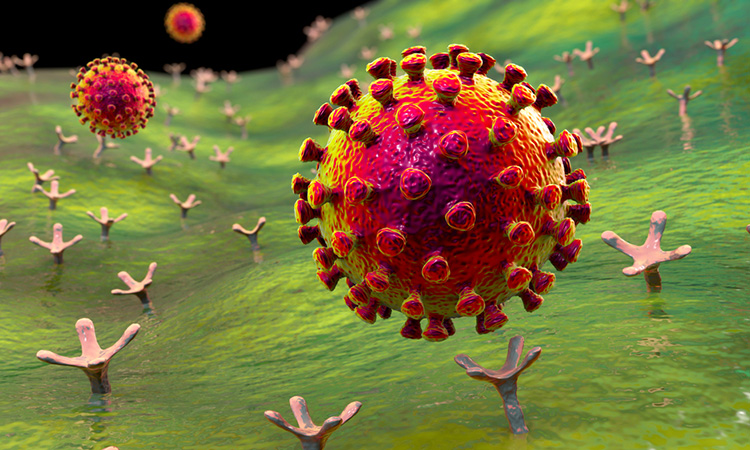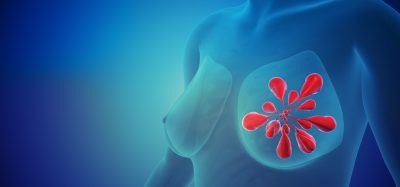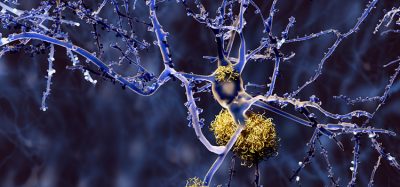Stem cell-derived organoids developed to test SARS-CoV-2 drugs on gut
Posted: 14 April 2021 | Victoria Rees (Drug Target Review) | No comments yet
Induced pluripotent stem cells (iPSC) intestinal organoids have been created to duplicate SARS-CoV-2, enabling drug testing.


Researchers have created human induced pluripotent stem cells (iPSC)-derived intestinal organoids or three-dimensional (3D) models that can be infected and replicated with SARS-CoV-2. They say that to study SARS-CoV-2, models are needed that can duplicate disease development in humans, identify potential targets and enable drug testing.
According to the team from the Boston University (BU) School of Medicine and the Boston University Medical Center for Regenerative Medicine (CReM), US, testing how SARS-CoV-2 specifically affects the gut can potentially serve to test novel therapeutics for COVID-19.
The researchers explain that iPSCs are stem cells derived from the donated skin or blood cells that are reprogrammed back to an embryonic stem cell-like state and then can be developed into any cell type in the body.
“Human iPSC-derived intestinal organoids represent an inexhaustible cellular resource that could serve as a valuable tool to study SARS-CoV-2, as well as other intestinal viruses that infect the intestinal epithelium,” explained corresponding author Associate Professor Gustavo Mostoslavsky.
Using iPSCs, the researchers differentiated the cells into colonic and small intestine 3D organoids. The organoids were then infected with SARS-CoV-2 to analyse the effect of infection on the cells by staining against markers, by electron microscopy and by RNA sequencing.
“Our findings suggests that different epithelial tissues (such as the lung and the gut) react in similar manner to SARS-CoV-2 infection and therefore can help identify common mechanisms of disease that can be targeted by drugs,” added Professor Elke Mühlberger, from BU School of Medicine.
The study’s findings are published in Stem Cell Reports.
Related topics
Drug Development, Organoids, Therapeutics, Toxicology
Related conditions
Covid-19
Related organisations
Boston University (BU)








